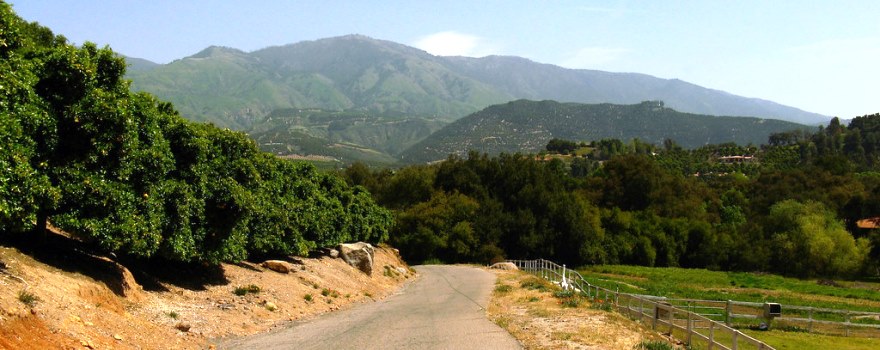Panel discussion moderated by DWR Tribal Advisor Anecita Agustinez discusses tribal involvement in GSAs, the benefits of tribal participation in groundwater management, and tribal consultation
The Sustainable Groundwater Management Act (or SGMA), passed in 2014, set a course for sustainable management of the state’s groundwater aquifers by requiring Groundwater Sustainability Agencies (GSAs) be formed for all high and medium priority basins in the state who then must develop and implement Groundwater Sustainability Plans (GSPs).
The legislation provides that tribes “may voluntarily agree to participate in the preparation or administration of a groundwater sustainability plan” and are “eligible to participate fully in planning, financing, and management” – the first time this has been recognized in state law. However, participation by tribes is voluntary; tribes are considered sovereign entities and their participation cannot be compelled.
Nonetheless, the Sustainable Groundwater Management Act requires engagement with all stakeholders. Tribal interests are an important stakeholder in many basins, but most of the basins underlying tribal lands are exempt from SGMA as a consequence of relatively low intensity use of the groundwater. However, in those basins that are subject to SGMA that have tribal lands, the recent Aqua Caliente court decisions have put tribal interests front and center. What are the challenges for the tribes and non-tribe stakeholders in coming together to implement SGMA? Are tribal interests different than those of other stakeholders? How are financial inequities, if they exist, addressed?
At the 28th California Water Policy conference held in April of 2019, a panel discussed how tribal lands and tribal representatives, as independent nations, can be integrated into SGMA implementation, what some of the obstacles to doing so are, and how those hurdles might be transcended.
Seated on the panel:
- Tom Kennedy, General Manager, Rainbow Municipal Water District
- David Sandino, Senior Staff Counsel, California Department of Water Resources
- Art Bunce, Tribal Attorney for the Barona Band of Mission Indians and Co-Special Counsel to the San Luis Rey Indian Water Authority
- Larry Rodriguez, Vice President, Water Resources, GEI Consultants
The panel was moderated by Anecita Agustinez, Tribal Policy Advisor for the California Department of Water Resources.

